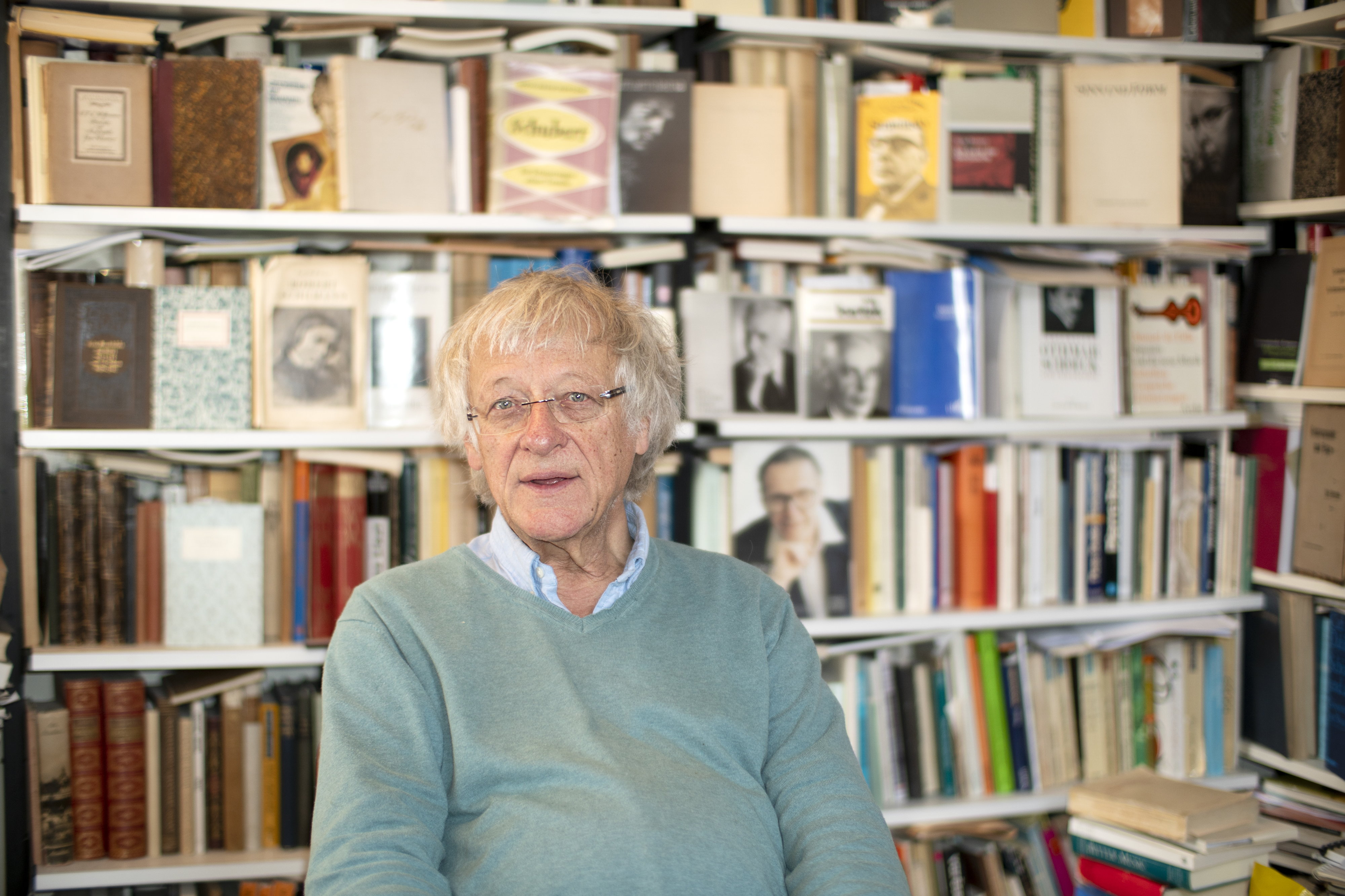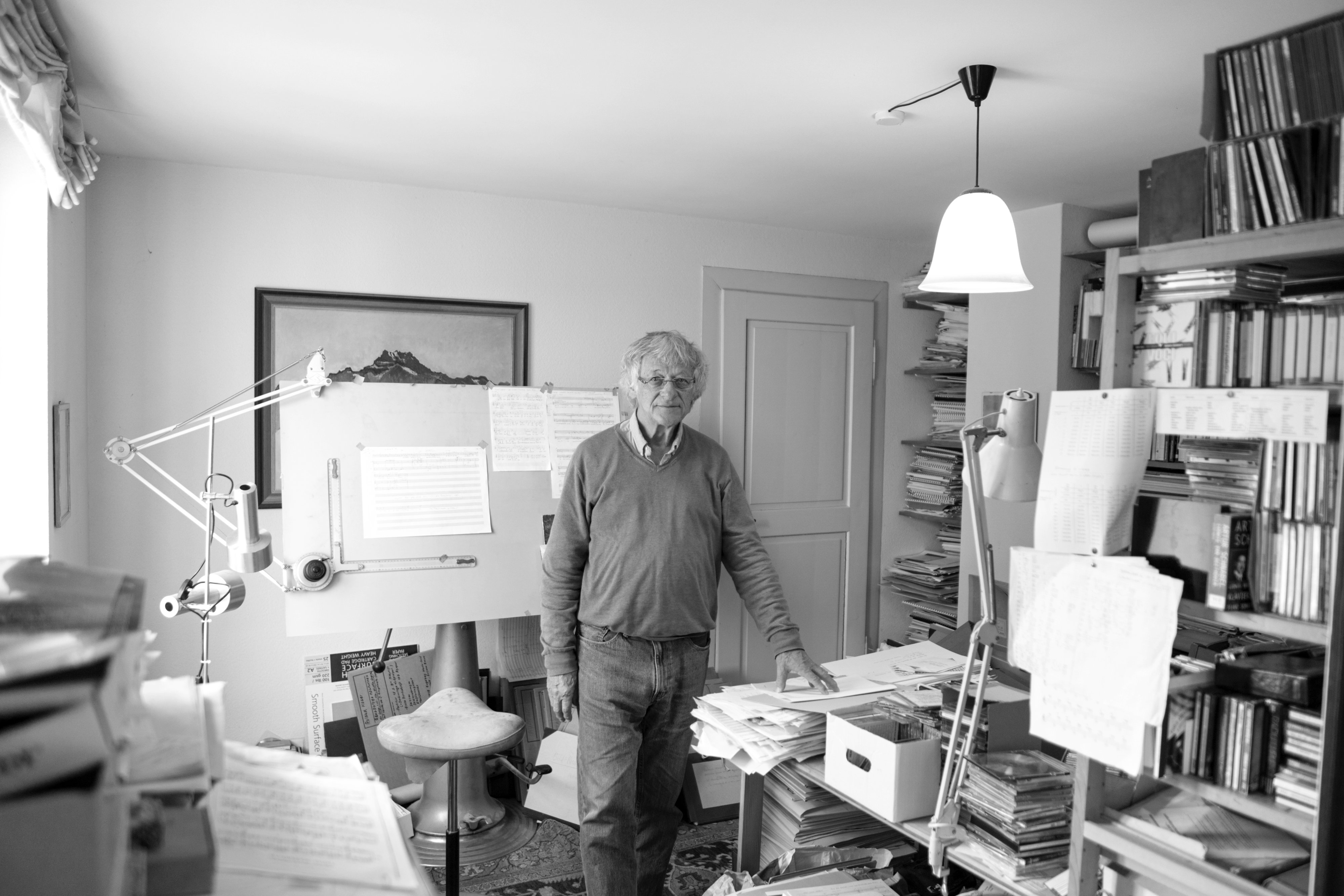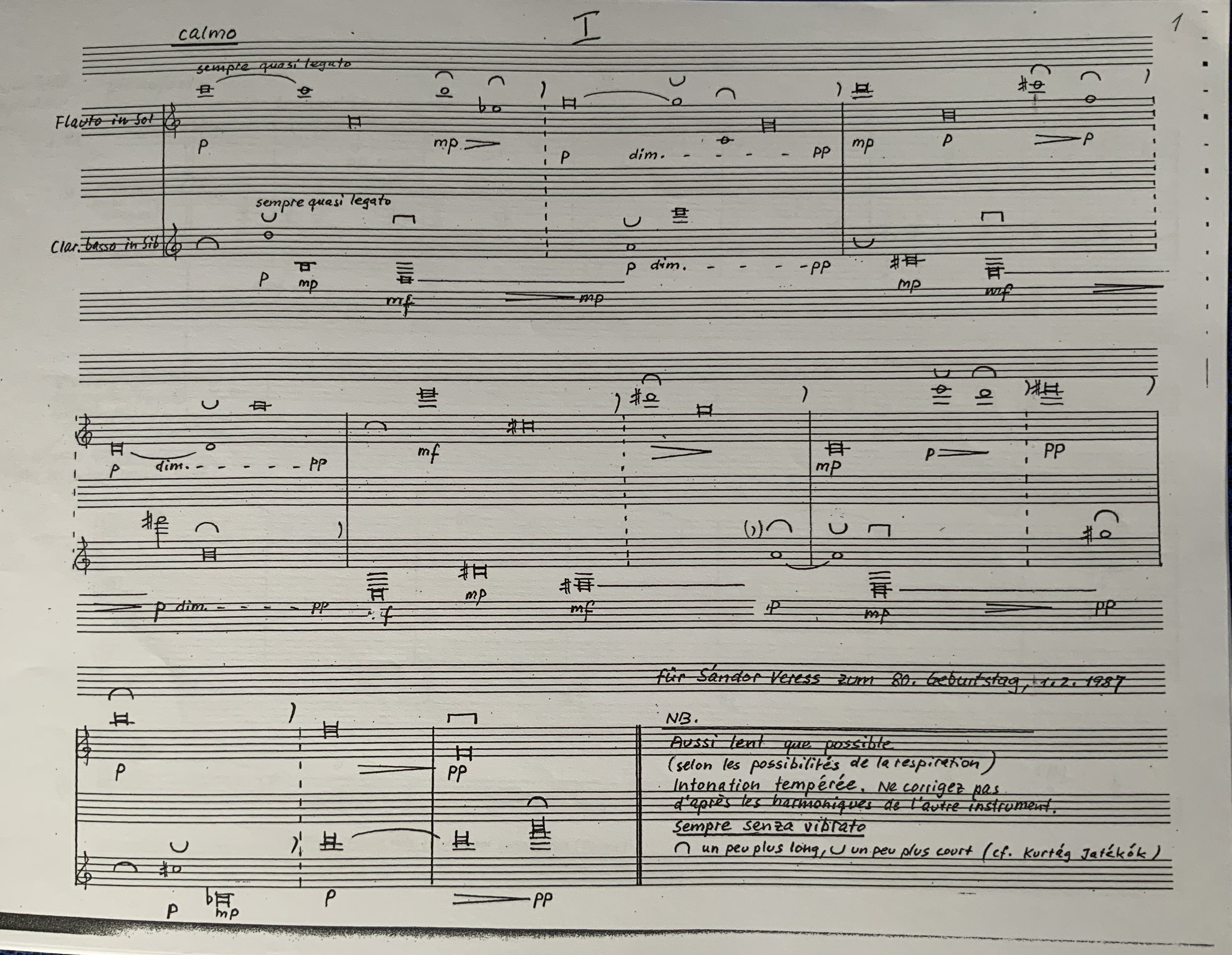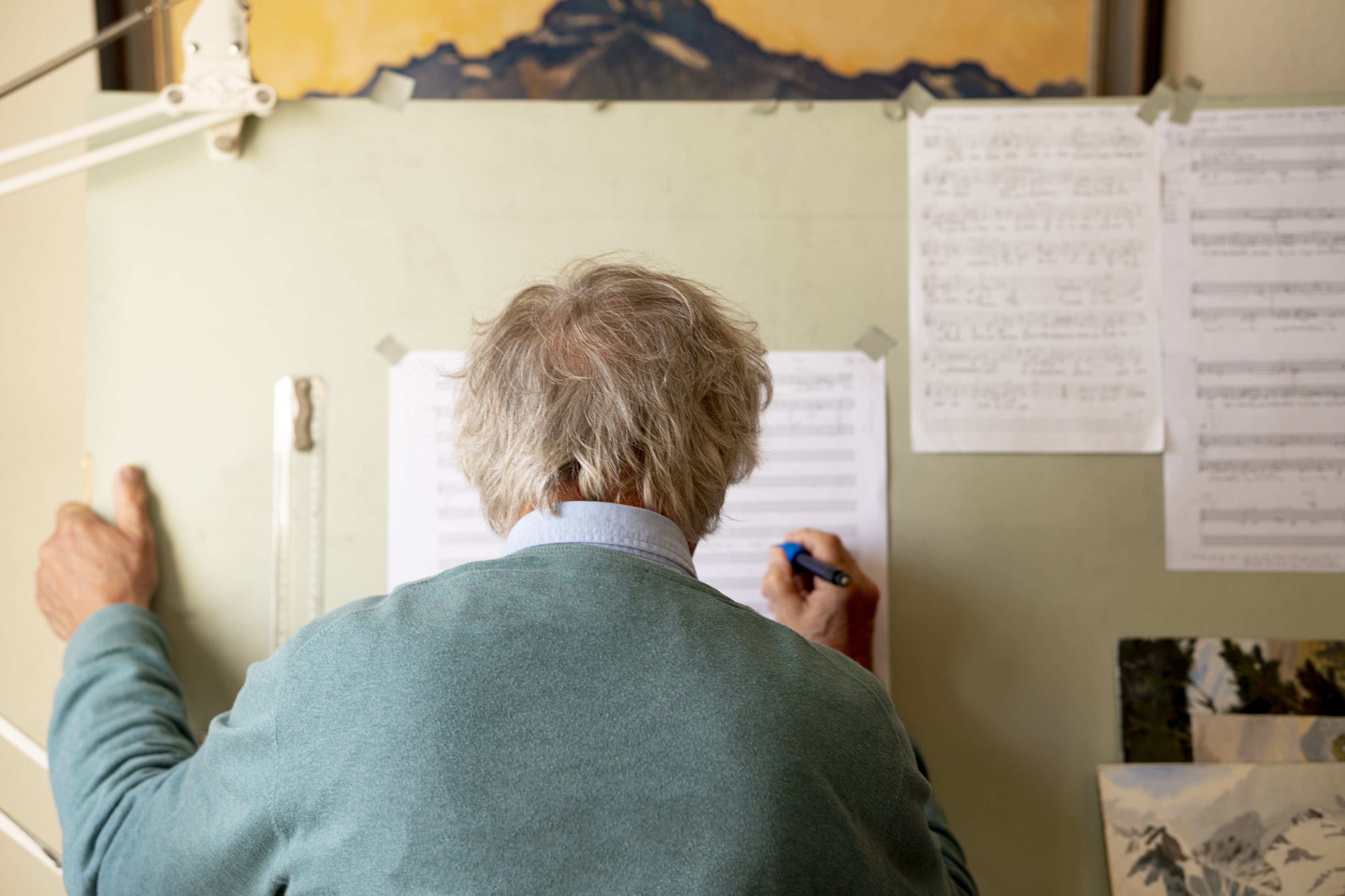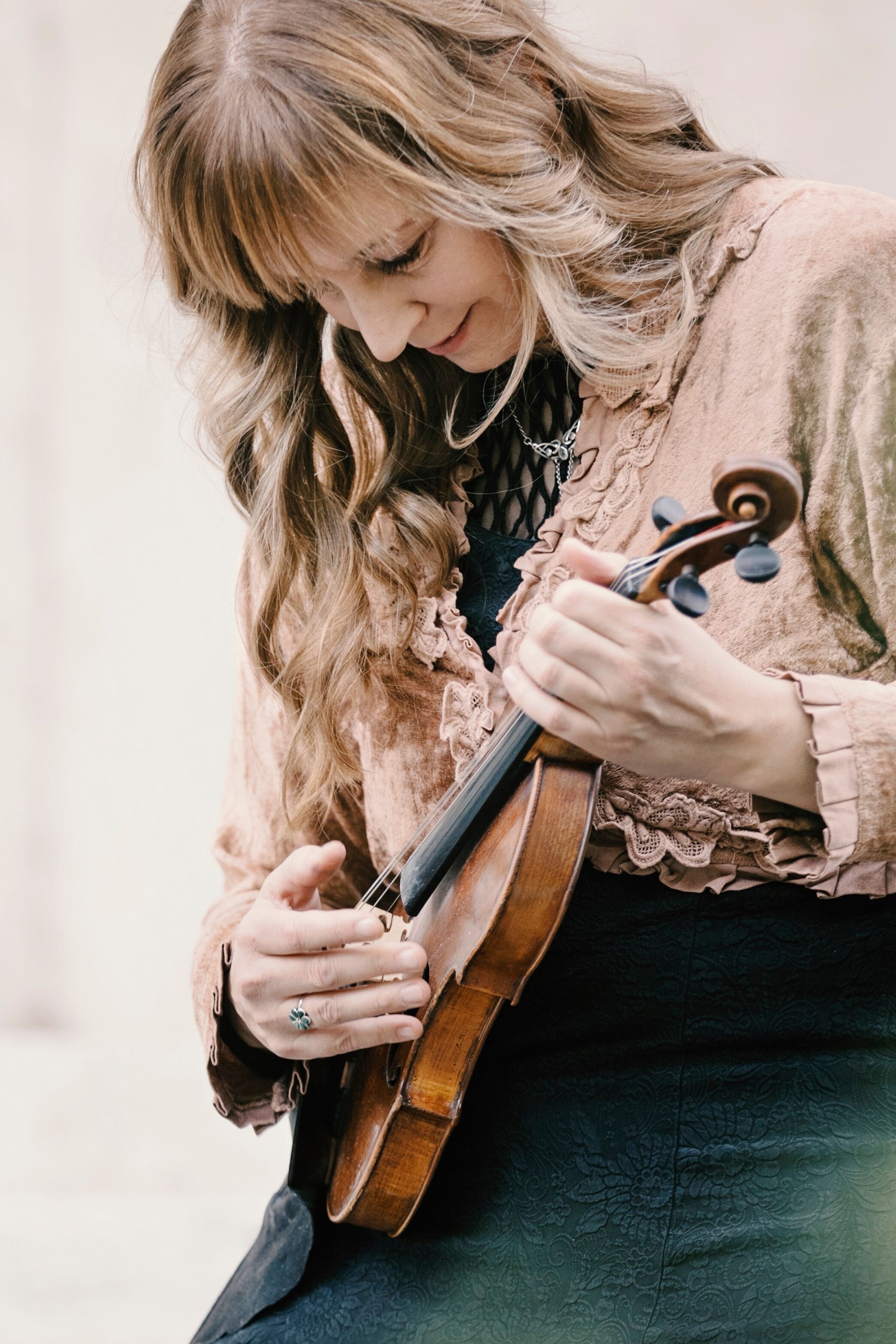Music of the future – escaping the Zeitgeist this is the title of a project to celebrate SUISA’s 100th birthday. 40 Swiss musicians were asked to write down their ideas regarding music that will be premiered in a hundred years’ time: A greeting from the present for the year 2123 to hopefully mark SUISA’s 200th birthday. The project was presented at the Yehudi Menuhin Forum in Bern on 16 April 2024. Bettina Mittelstrass spoke to the musicians involved.
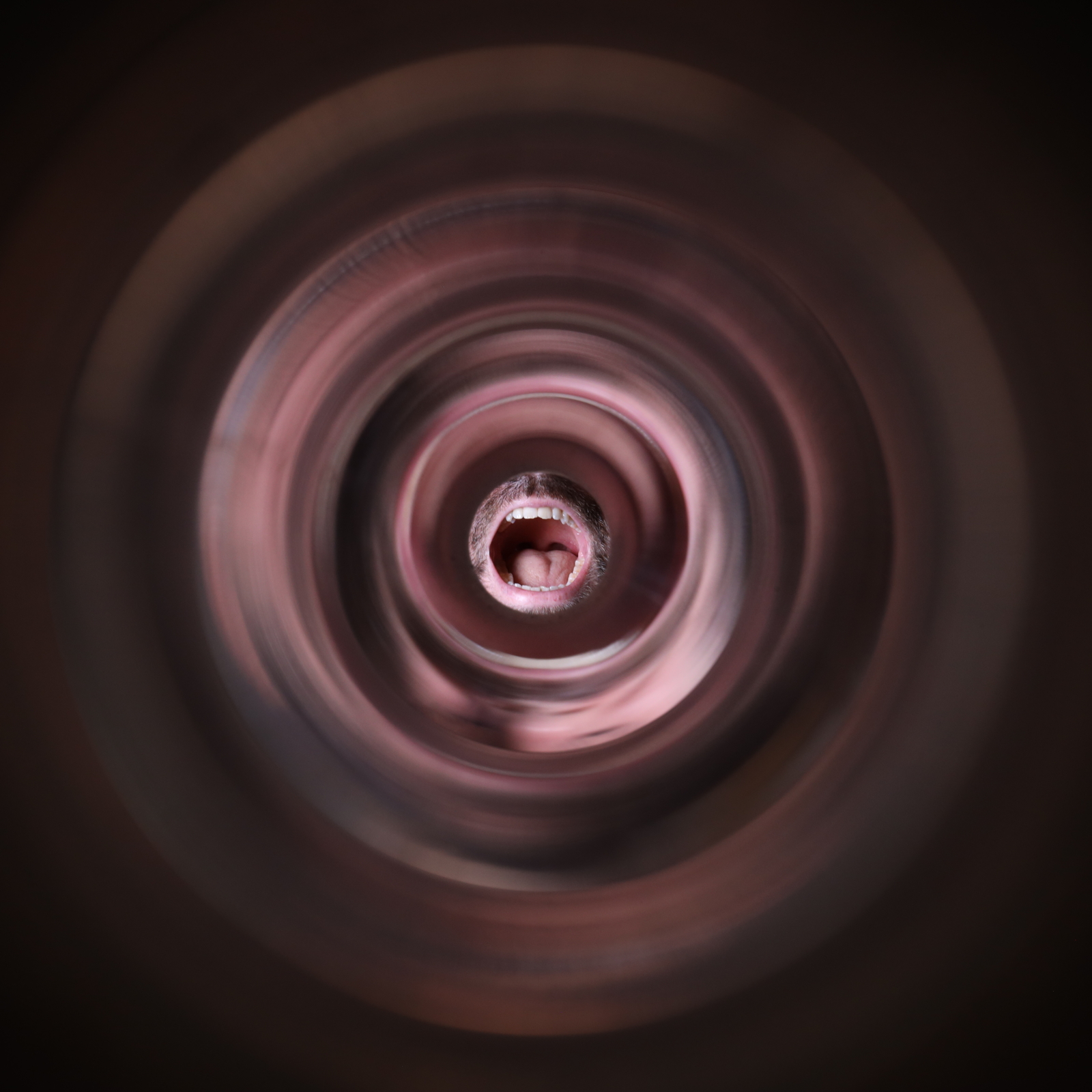
Bettina Mittelstrass
Helena Winkelmann, the HyperDuo, Joke Lanz, Martina Berther, Patrick Frank, Annette Schmucki, Fritz Hauser and Nik Bärtsch – these are just seven of a total of 40 Swiss musicians whose music of the future ended up in an archive box in April 2024 without ever being heard. Hermetically sealed, this archive will be supervised by the Swiss National Sound Archives in Lugano for 100 years and displayed in the entrance area of the Città della Musica. The archive will hopefully not be reopened until 2123, when the music will be awakened from its slumber and played for an audience not even born yet.
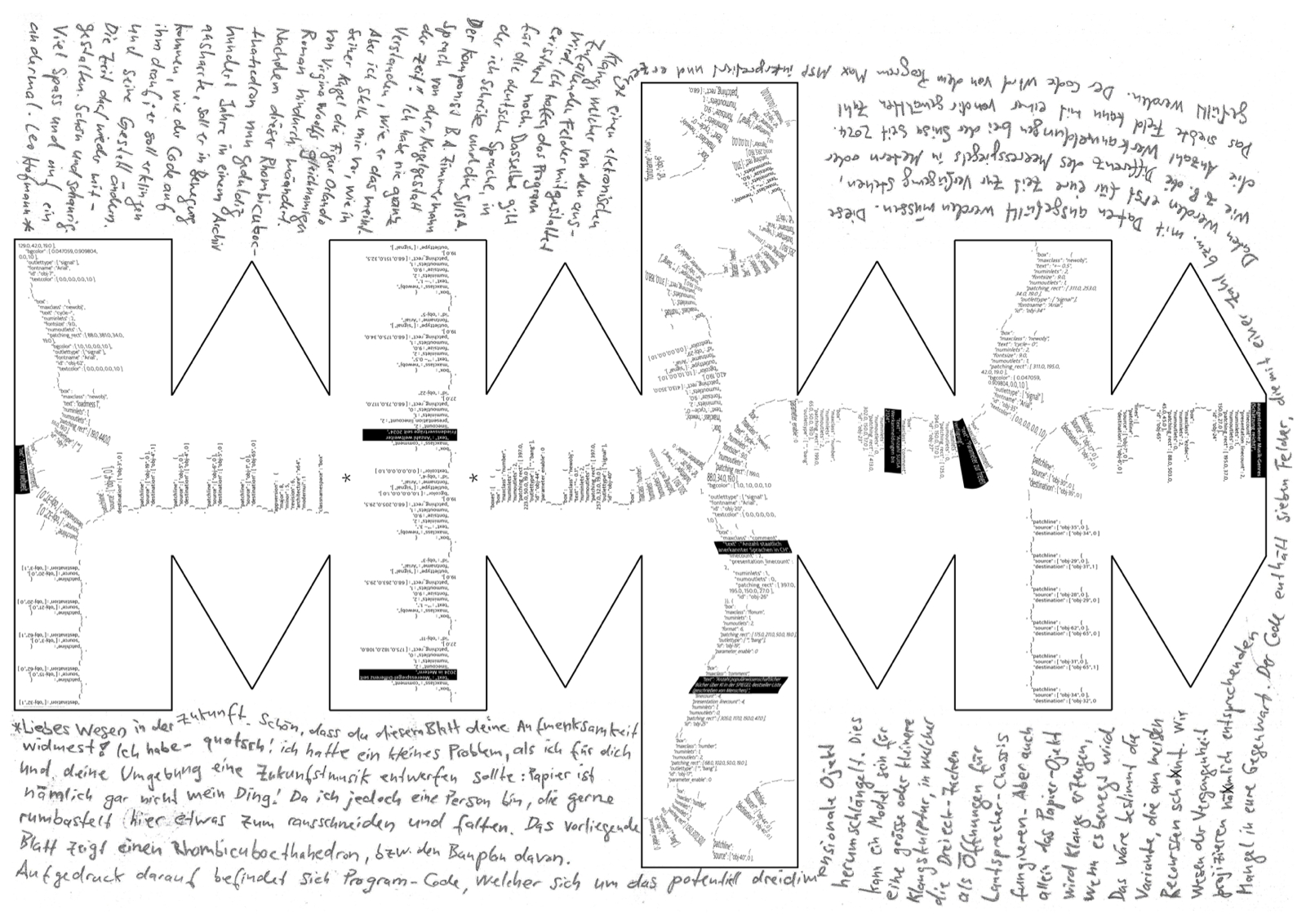
How will Switzerland sound in 100 years?
How will Switzerland sound in 100 years? An initial answer could be lying dormant in the archive box. The answers were not easily found by the 40 respondents. Scepticism prevailed. What instruments will be available in 100 years’ time? Will there still be western musical notation? Wooden instruments? Or will climate change have killed off the trees? Against the backdrop of the planet’s dwindling resources, it is impossible to know whether we will “ultimately have to burn violins and boil strings so as not to freeze or starve to death”, says percussionist Fritz Hauser.
He therefore set his composition in Morse code – in the hope that these archaic signs will inspire people of the future to make rhythmic music, whatever the instrumentation.
Fritz Hauser transcribes his music of the future entirely in Morse code. Here is his Schraffur for gong and orchestra, Basel Sinfonietta 2010, an SRG/SSR in house- production.
Music as ambassador for interplay?
Despite all the scepticism about what music will mean or enable in 100 years’ time – it will probably retain two social functions, says Swiss-Dutch composer and violinist Helena Winkelmann: acting as ambassador for interplay and mediator as well as integrator of good energy. Another thing is likely to persist in human societies, namely “that people will continue to have problems living together in the future.”
Helena Winkelmann has therefore placed the instructions for a ‘music council’ of the future in the archive box. It is the musical version of a thousand-year-old concept, the “Council of Chiefs” of indigenous American societies. In a circle, musicians take on different functions – both musically and socially. There is – for example – a questioning voice, an inventive voice, a preserving voice, a warning voice, a narrative voice and a developing voice. “That’s also the magic of this whole circle, in the sense that it is the exchange of perspectives that really helps us move forward.”
Helena Winkelmann contributes to the archive box with instructions for a ‘Music Council of the Future‘. In Geisterlieder, a cycle based on poems in 18 European original languages accompanied by various instrumental groups, Helena Winkelmann also explores the overcoming of temporal and regional boundaries. World premiere on August 5, 2023, at the Church of Ernen, an SRG/SSR in house- production.
A spaceship full of perspectives and criticism of the present
“This little spaceship basically contains a cross-section of current Swiss music creation,” is how ethnomusicologist and curator Johannes Rühl, inventor of the project, describes it. New music, electronic music, jazz, pop and folk music are represented among the 40 composition proposals, as well as sound installations and crazy ideas such as music with mushrooms, whose amino acids can already be converted into sounds today. Another proposal takes the sound of melting glaciers and transports it in the form of DNA into a future in which there will presumably no longer be eternal ice in the Swiss Alps.The sound of melting glaciers transported into the future in the form of DNA.
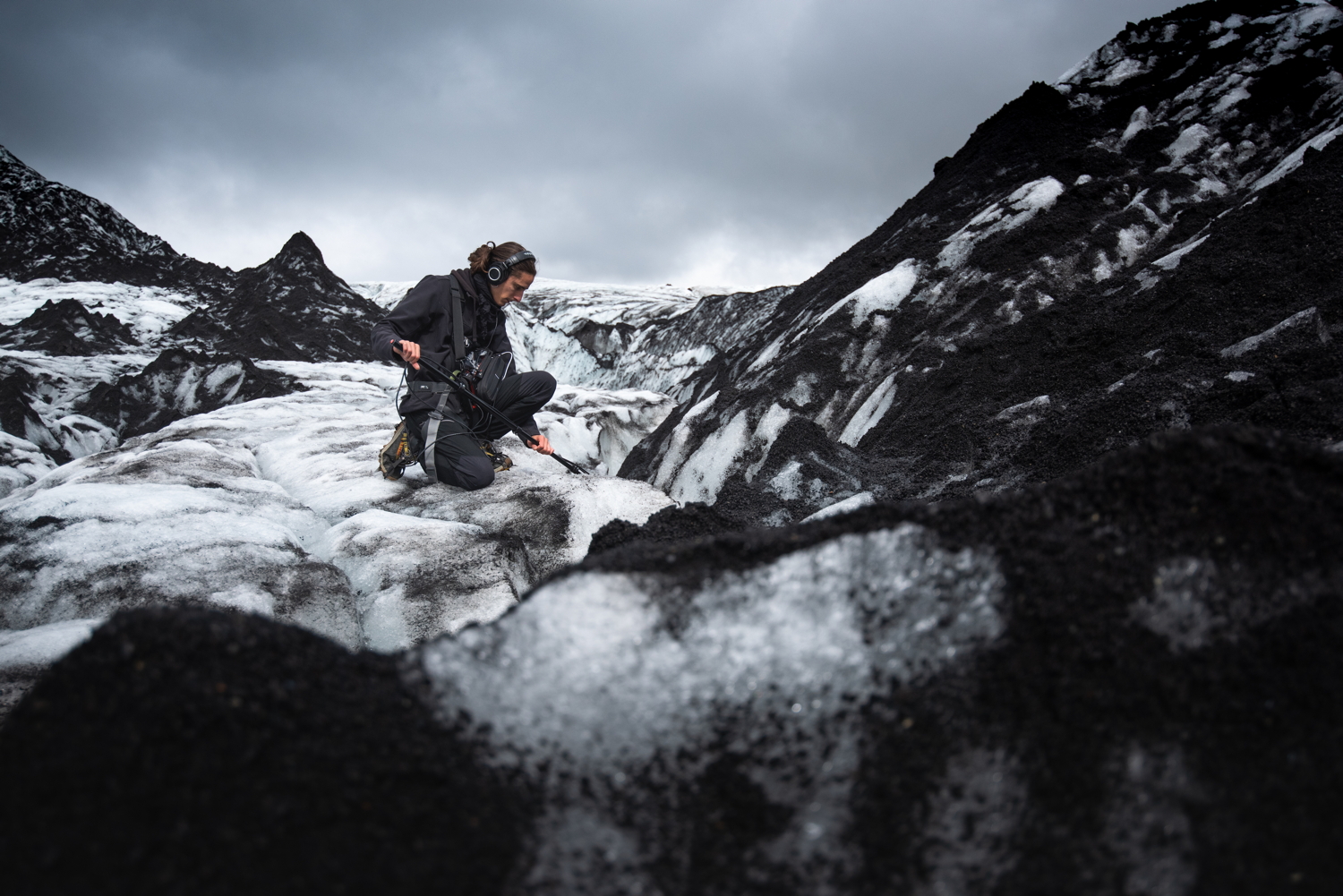
Most of the proposals submitted for the archive box were characterised by a sceptical and socially critical zeitgeist, confirms Johannes Rühl. The attempt to escape the zeitgeist was understandably bound to fail. “We obviously cannot get out of the now. You also get the feeling that there is a dynamic in development these days which did not exist in the past.” Is that true? We won’t be around in 2123 to find out. May those after us play “our” future music or not.
Bettina Mittelstrass
Zukunftsmusik – dem Zeitgeist entkommen: 100 Jahre SUISA. The original idea came from Johannes Rühl, ethnologist and curator of music programmes.
Città della Musica
broadcasts SRF Kultur:
Zukunftsmusik, Passage, 12.4.2014: Redaktorin Bettina Mittelstrass
neoprofiles:
Helena Winkelman, HYPER DUO, Joke Lanz, Martina Berther, Patrick Frank, Annette Schmucki, Fritz Hauser, Leo Hofmann, Nik Bärtsch, u.a.


